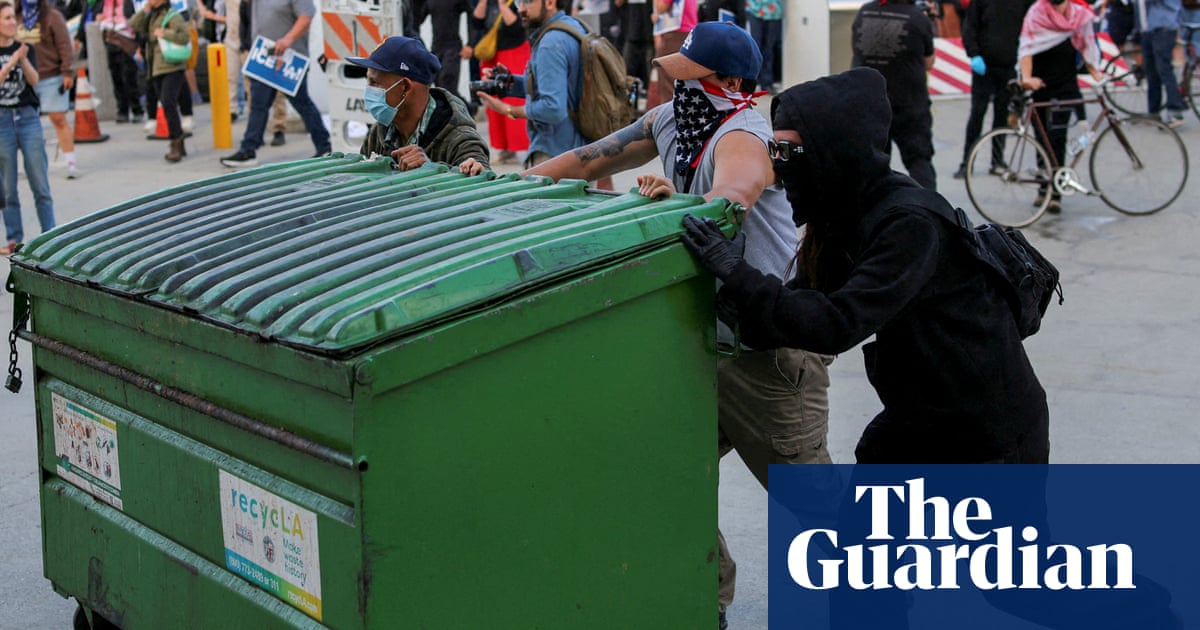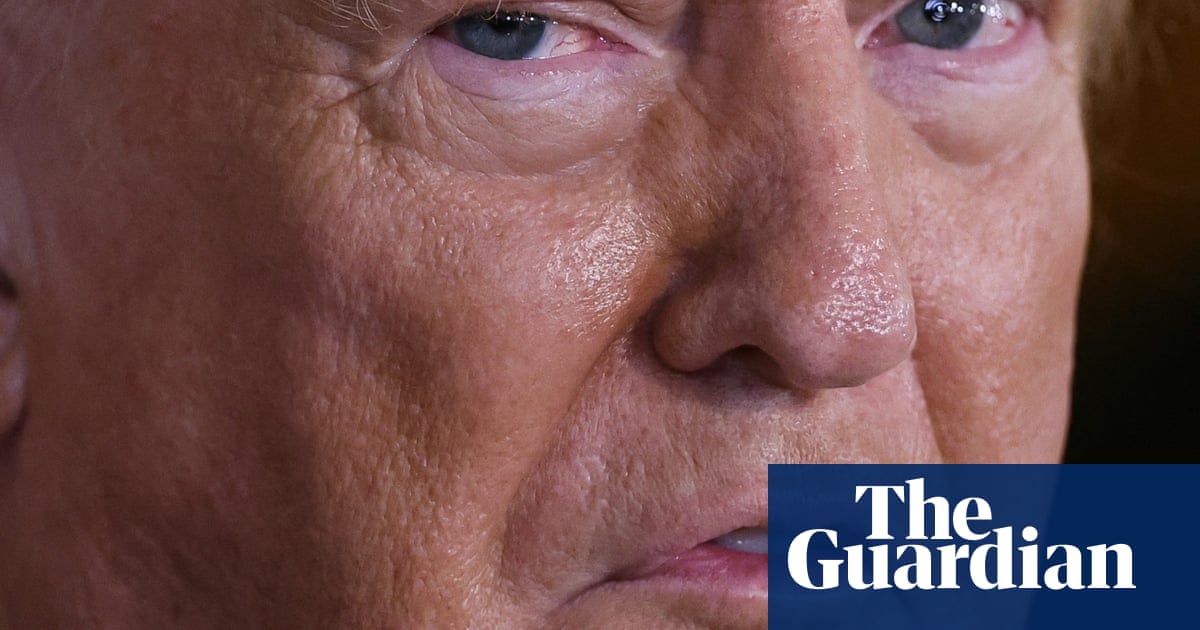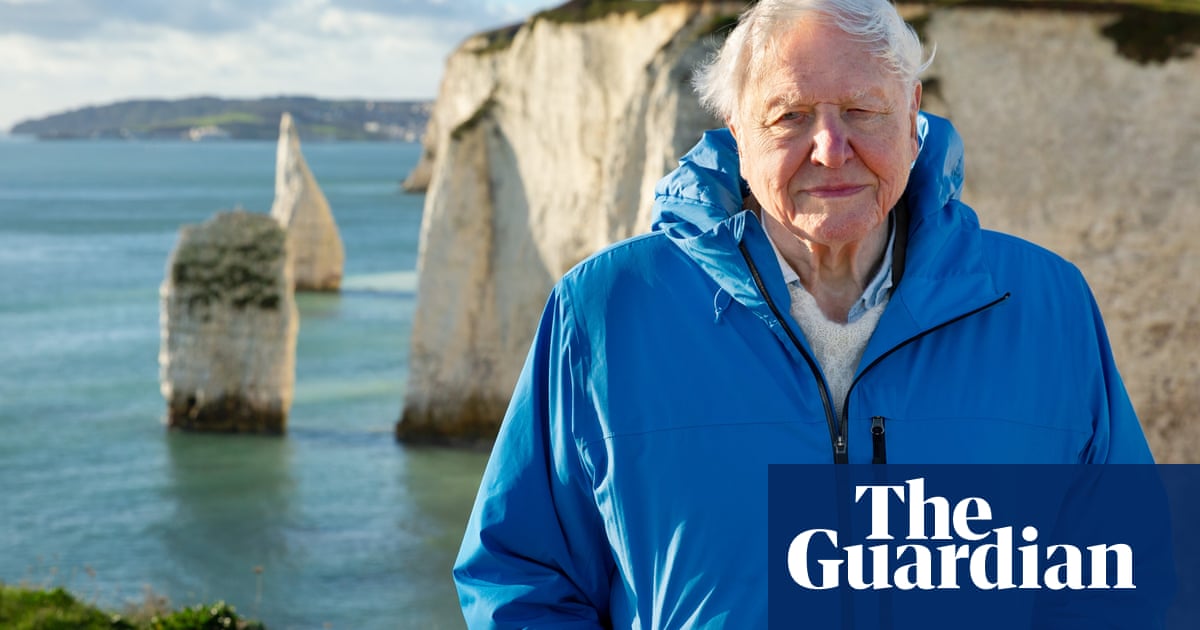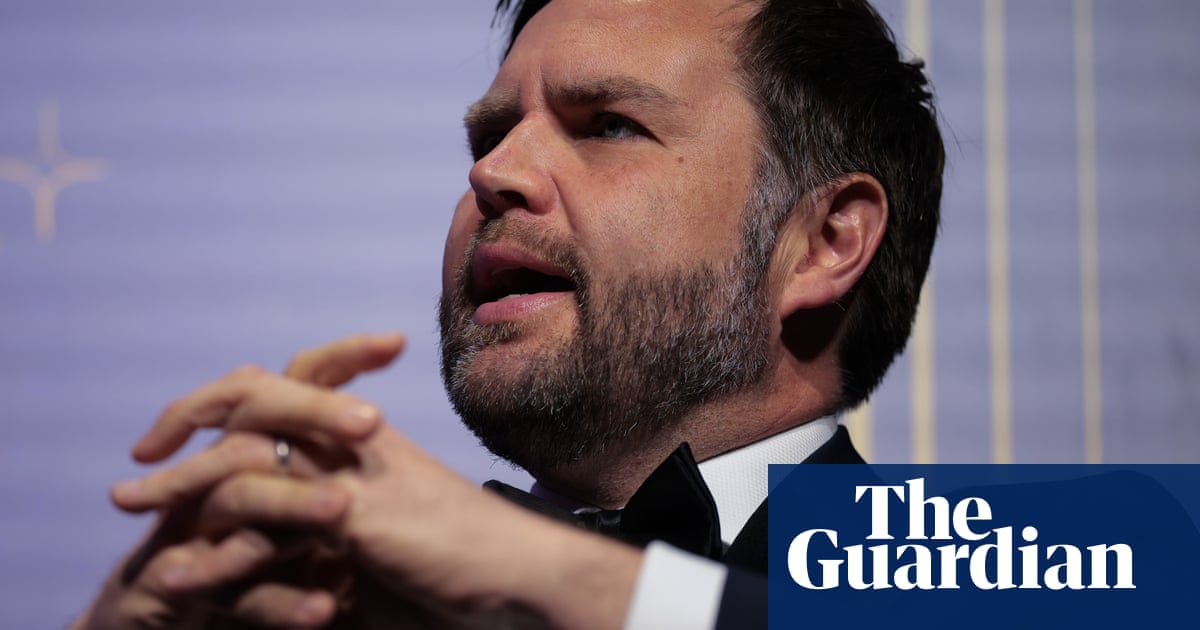The crowd had crammed into a concert hall in central Berlin to hear crunch-time election pitches from Robert Habeck and Annalena Baerbock, the high-profile Green ministers in charge of Germany’s economy and diplomacy. But to the surprise of some supporters, it took half an hour for anyone in the environment-rooted party to mention the climate.
Germany’s Greens are fighting to hold on to power after four years in a coalition government where they have been pilloried by other parties, and during which their core issue of climate action has slipped down the political agenda. Though the party is still far from being considered a Volkspartei – a main party whose voters span demographic groups and issues – the Greens have sought to boost their mainstream appeal with talk of beefing up security and bringing down rents and bills.

“Electricity has become green,” an animated Habeck told the crowd, pointing to a boom in wind and solar that raised the share of renewables to 60% last year. “Now we’re making it cheap.”
The odds of a Green surge when Germans head to the polls next Sunday are by some measures slim. Governing parties of all stripes have had a disastrous year at the ballot box, losing votes in almost every democracy that held elections, and the Green parties that made it into coalition governments in Ireland, Austria and Belgium all shed seats. Heavy losses in Germany and France drove a continent-wide setback at the European parliamentary elections in June.
But in Germany, the sixth-biggest historical polluter of planet-heating gas, the Greens have also shouldered the blame for the country’s economic woes – and become a target of ridicule for other politicians. Their market-liberal former coalition partners, the centre-right opposition and an emboldened far-right have held them responsible for Germany’s “deindustrialisation”. A clean-heating law, introduced by Habeck in 2023, proved particularly unpopular with the public.
“What’s happened in the last years is that the far-right has identified the climate as a target – partly, honestly, because climate politics was quite successful,” said Luisa Neubauer, Germany’s best-known activist from the Fridays for Future school strike movement. “There wasn’t a climate revolution in Germany, but things got going, and that turned it into a threat for basically any party other than the Greens.”
The far-right Alternative für Deutschland, which is polling at about 20% before the election, has led the charge that Germany has fallen under the moralistic grip of an “eco-dictatorship”, where the long arm of the state dictates how people heat their homes, power their cars and feed their families. Though it has targeted its attacks at the Greens, it has accused other parties of succumbing to their ideology.
Neubauer said the Greens’ election campaign seemed to be playing by rules set by others. “Climate discourse has turned into something of a witch-hunt – where the far-right is screaming anxiously about windmills and many others are running after them.”

The Greens’ strategic shift is visible on the campaign trail and online. Climate and energy were mentioned in just a quarter of the 20 election posts that the party spent the most money promoting on social media, according to a Guardian analysis of political adverts on Meta platforms such as Facebook and Instagram since the start of the year. At the Berlin rally on Sunday, the first question put to Habeck from the audience lamented how little climate protection had featured in the election campaigns of any party.
“Climate protection has long ceased to be a consensus issue in this society – and also no longer in the political arena in which we operate,” said Habeck. He contrasted it with the debate around reaching climate neutrality at the last election, which “was just about the implementation steps and the speed. All of that can no longer be taken for granted.”
Observers suggest the Greens can rely on climate-concerned voters turning out for them whether they prioritise it as an issue or not. And in spite of bad press, the party is polling at 14% – only slightly below its vote share in the last election four years ago. It also recorded a record-breaking wave of new applications at the end of January, with 5,000 people joining in five days, after the conservative frontrunner Friedrich Merz broke a longstanding taboo in German politics by relying on far-right votes.
The development, which triggered mass protests, has helped the Greens position themselves as defenders of democracy – and worked to the favour of the party’s oddly mysterious campaign motto, “one person, one word”. Habeck described the slogan, which is a gender-inclusive play on a German phrase that implies honesty and reliability, as being inspired by the quiet kitchen-table conversations that allow for dialogue.
“It’s a bit of a shame that it’s so hard to understand, but he explained it well,” said Eva Kohler, a retired Green voter attending the rally.
after newsletter promotion

But the Green voter base has also shifted since the last election, with the young demographic that drove their success at the last election having drifted to the right. Between the European elections in 2019 and 2024, the share of the youngest voters fell by two-thirds for the Greens, and tripled for the social media-savvy AfD.
“While the Greens lost overall, their losses were particularly pronounced among young voters,” said Cornelius Erfort, a political scientist at Witten/Herdecke University – with the Green vote share among first-time voters in Germany falling from one-third in 2019 to one-eighth in 2024. “As for what parties may do with this? The Greens might focus on winning back young voters or accept that their base is now older.”
In September, the entire board of the Greens’ youth organisation resigned, citing the party’s willingness in a coalition government to support stricter asylum and austerity rules, and increase military spending. It has also come under fire for its support of Israel. The party’s rally in Berlin on Saturday was interrupted twice – once by right-leaning hecklers and once by pro-Palestinian protesters.
“The difference to the other centrist parties is shrinking more and more,” the former Green Youth board members wrote in a letter announcing their departure. “The Greens are becoming a party like any other. But what difference does it make?”
Neubauer said the Greens had grown more vocal about the climate crisis over the last few weeks of the election campaign, suggesting they were adapting their strategy again.
“The far-right wants us to play by their rules,” she said. “Even though we know it’s only them who know the rules well enough to win.”

 3 months ago
50
3 months ago
50

















































